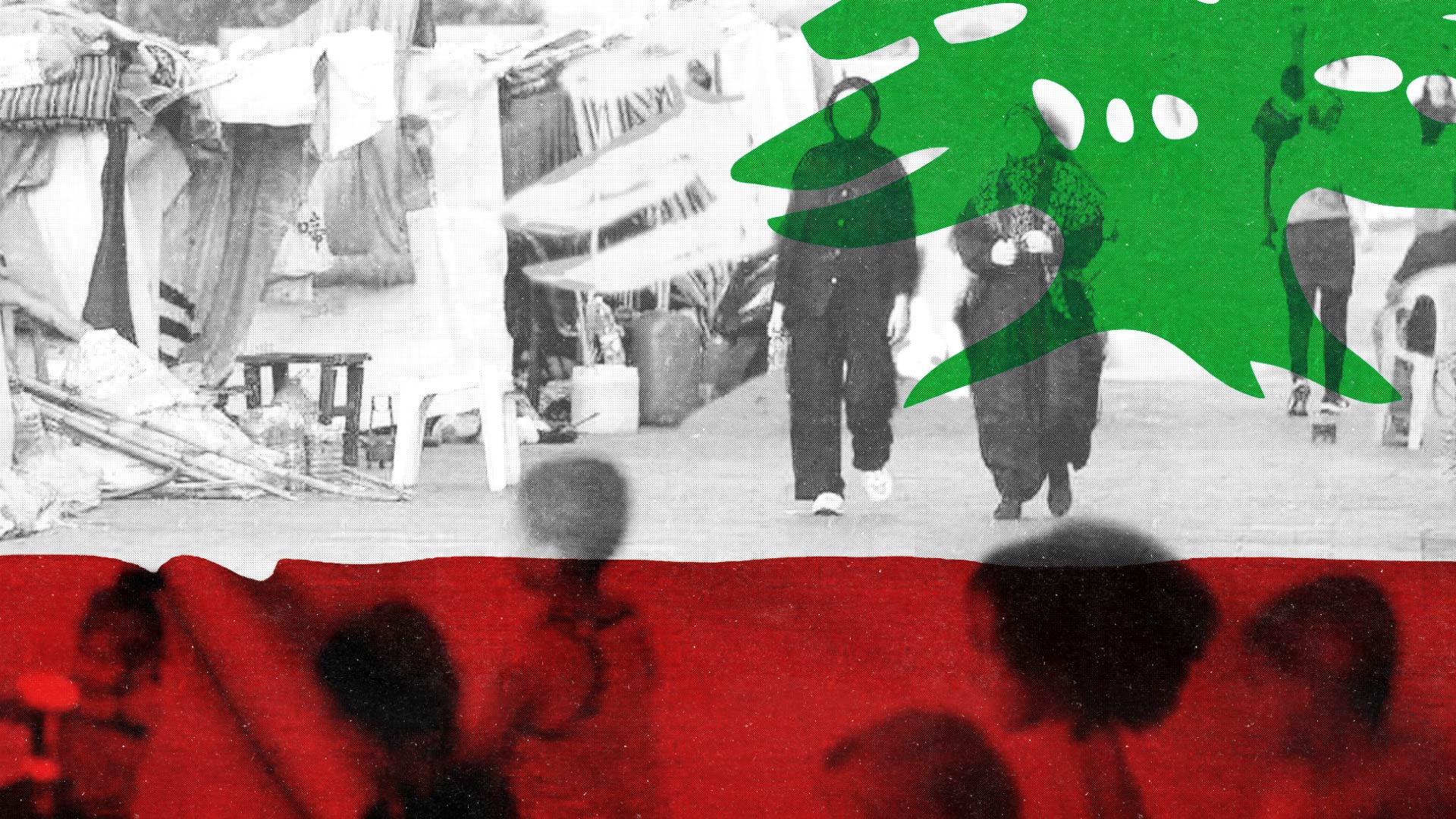A reckless ambition to dismantle Hezbollah has taken hold in the White House and Knesset. Rather than a reasoned calculation based on probable outcomes, this shift appears to have come over policymakers while drunk on Israel’s killing of more than 25 Hezbollah leaders last month, which came atop sabotage operations that wounded thousands of the group’s rank-and-file.
Clearer heads would have recognized the turn toward the abyss this new aspiration entails and how its proponents fundamentally misunderstand Hezbollah, Lebanese society, and the country’s political fabric. At best, these efforts will fail. At worst, they will cascade into a new Lebanese civil war, further internationalizing what is already a regional conflict. There is an alternative path to securing peace on Lebanon’s southern border, but this requires a sober reassessment that shifts the focus from trying to destroy Hezbollah to addressing why so many Lebanese see the group as an existential necessity.
Biden Administration officials, in press statements as well as private consultations with regional stakeholders, have emphasized the “opportunity” Israel’s blows against Hezbollah present to break the group’s “stranglehold” on Lebanon. For Washington, this includes forcing Hezbollah to disarm and breaking the 2-year political impasse that has prevented the Lebanese Parliament from electing a new president.
Israeli Prime Minister Benjamin Netanyahu’s “message to the people of Lebanon” was tinted with more menace. “Hezbollah is weaker than it has been for many many years,” he said, calling on the Lebanese to “stand up and take your country back” lest Israel visit upon Lebanon “destruction and suffering like we see in Gaza.” His notable assertion that Hezbollah would “fight Israel from densely populated areas” seemed to preemptively try to justify Israel expanding its bombing of civilian neighborhoods since to areas unaffiliated with Hezbollah.
Some opportunist Lebanese politicians have also adopted the narrative that the time is ripe for Hezbollah to be brought to heel and to break its ties with Iran. Such thinking is, however, myopic and flawed.
Misreading the Room
First, the American and Israeli position is premised on the assumption that Hezbollah is at or near terminal decline militarily and the ongoing Israeli ground invasion will only further this trend. While the group has recently lost a swath of senior commanders, Hezbollah’s comprehensive succession planning and decentralized leadership means they have since been replaced. Its organizational structure remains standing.
Also intact is Hezbollah’s stockpile of rockets and armed drones, which, even by the most optimistic Israeli estimates, still number in the many tens of thousands. Hezbollah’s ability to deploy them in deadly escalation was demonstrated in the strike Sunday on an Israeli military base south of Haifa, which left four soldiers dead and almost 70 wounded.



